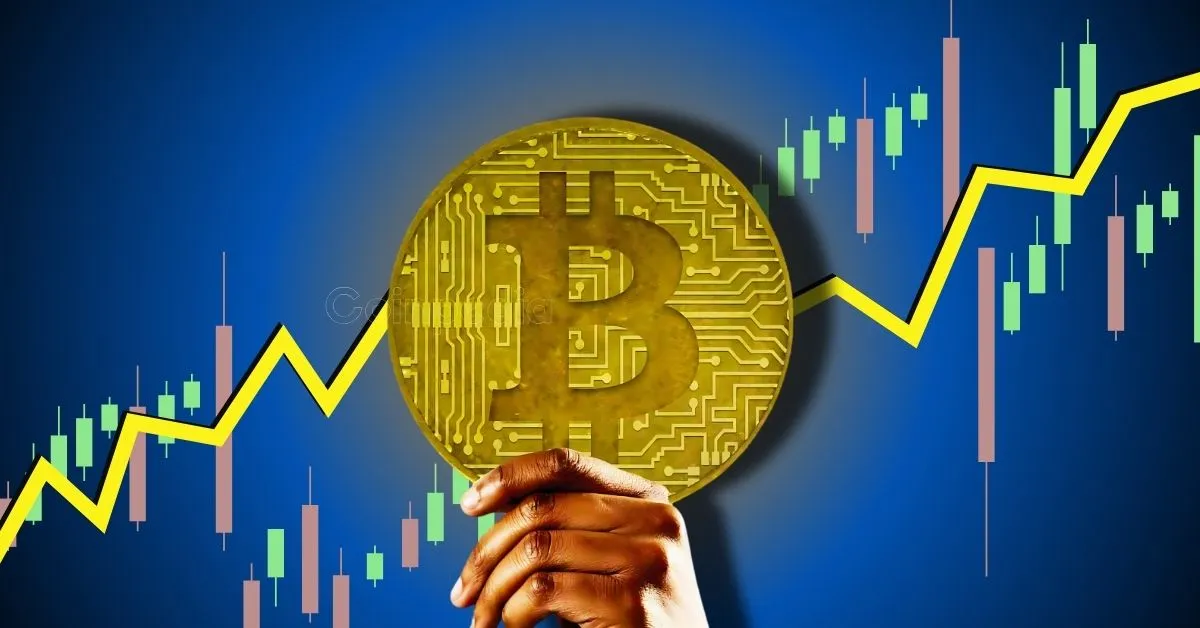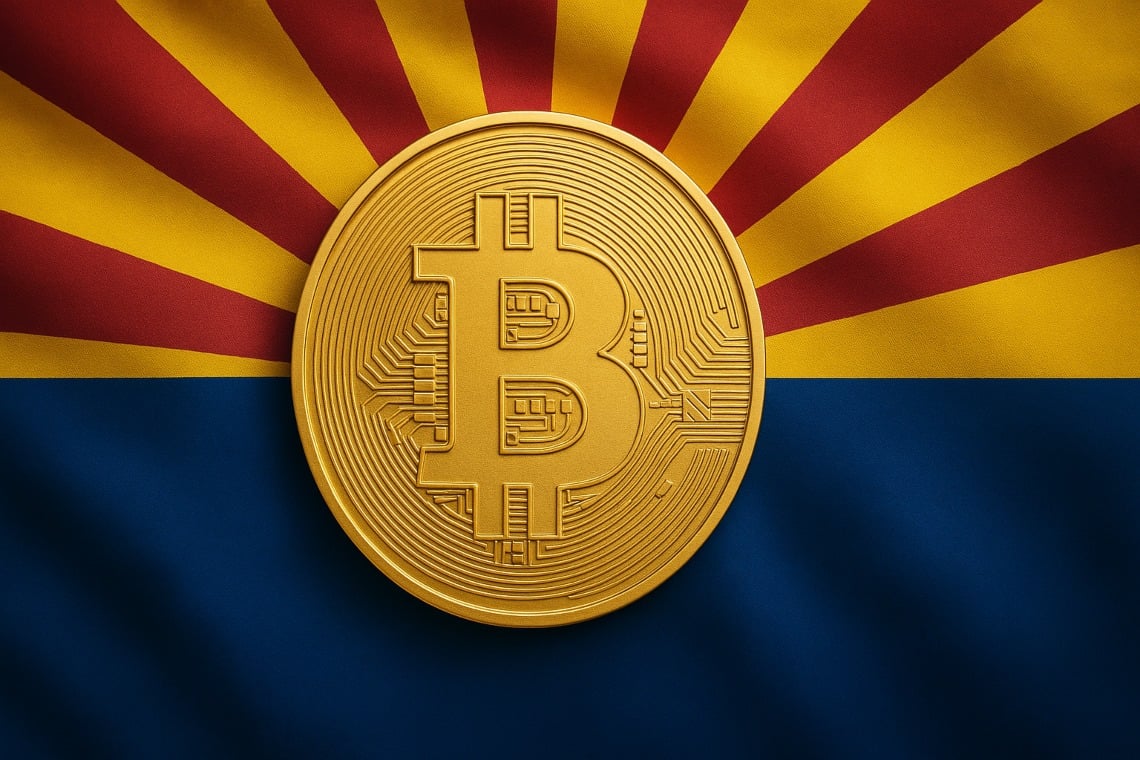Global Stock and Crypto Markets: A Rollercoaster Ride Amidst Trade Tariffs
The financial markets have experienced a tumultuous ride in recent weeks, with both the traditional stock markets across the globe and the crypto markets reacting strongly to the economic policies announced by the current administration. Following President Trump’s decision to impose tariffs on various nations, bearish sentiments swept through the markets, causing significant losses.
Bearish Actions in the Stock Markets
The stock markets, already jittery due to the ongoing trade tensions, took a sharp downturn as investors digested the news of the new tariffs. The Dow Jones Industrial Average (DJIA) and the S&P 500 indexes both saw substantial drops, with the DJIA losing over 600 points in a single day. European markets also felt the brunt of the sell-off, with the FTSE 100 and the Euro Stoxx 50 experiencing similar declines.
Bearish Pressure on Crypto Markets
The crypto markets, which had been enjoying a strong bull run with Bitcoin (BTC) surging past the $80,000 mark, were not immune to this bearish trend. The world’s largest cryptocurrency saw its value plummet, shedding thousands of dollars in a matter of hours. Other major cryptocurrencies, such as Ethereum (ETH) and Binance Coin (BNB), also suffered significant losses.
Reviving Bullish Possibilities: The Tariff Halt
However, the situation took a turn when President Trump announced a 90-day halt on the tariffs, citing progress in negotiations with China. This news brought some relief to the markets, with both stocks and cryptocurrencies experiencing a brief rebound. The bullish possibilities were further revived, giving investors renewed hope for market recovery.
Personal Implications
As an individual investor, this rollercoaster ride in the markets can have significant personal implications. If you have a diversified investment portfolio, the recent market volatility may not have a major impact on your overall financial situation. However, if you have a concentrated position in stocks or cryptocurrencies, the bearish actions could result in substantial losses. It is important to stay informed about market developments and consider adjusting your investment strategy accordingly.
Global Consequences
The consequences of these market fluctuations extend beyond individual investors. The global economy could face significant challenges as a result of the ongoing trade tensions and the resulting market volatility. Businesses may experience supply chain disruptions, and consumers could face higher prices for goods and services. Governments may be forced to implement monetary or fiscal policies to stabilize their economies.
Effect on Trade and Economic Relations
Furthermore, the trade tensions and the resulting market volatility could have far-reaching implications for international economic relations. Countries may reconsider their trade agreements and alliances, potentially leading to a more fragmented global economy. This could result in a loss of economic interconnectedness and cooperation, with potential negative consequences for global growth.
Effect on Consumer Confidence
The market volatility could also impact consumer confidence, which is a key driver of economic growth. If consumers become uncertain about their financial situation or fear for potential job losses, they may reduce their spending, leading to a slowdown in economic activity.
Conclusion
The recent market developments, with the stock markets and crypto markets reacting strongly to trade tariffs, highlight the interconnectedness of the global economy and the potential consequences of geopolitical events. As an individual investor, it is essential to stay informed about market developments and adjust your investment strategy accordingly. At the same time, the global community must work towards finding solutions to the ongoing trade tensions and fostering economic cooperation to mitigate the potential negative consequences.
- Stay informed about market developments and adjust investment strategies accordingly
- Global economy could face challenges from trade tensions and market volatility
- Businesses may experience supply chain disruptions
- Consumer confidence could be impacted
- International economic relations could be affected





